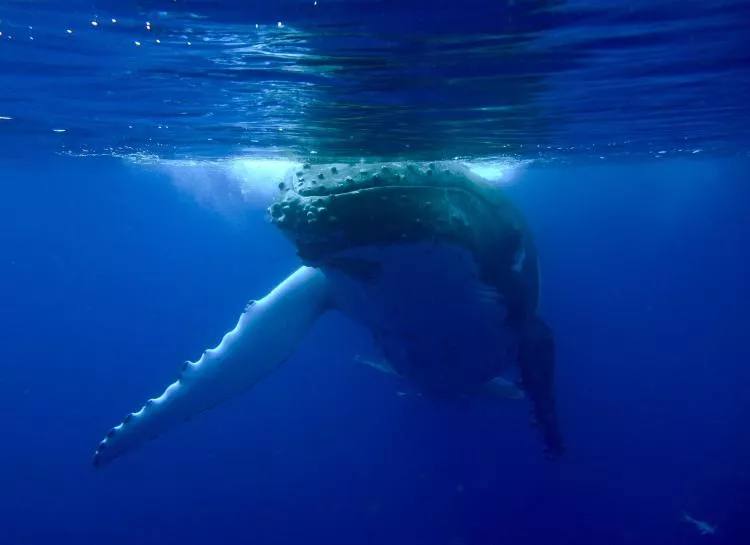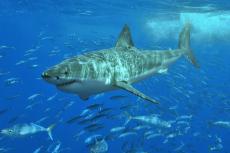Alarming Population Decline in Humpback Whales as a Result of Global Warming
A recent study estimating humpback whale populations in the North Pacific Ocean has unveiled a stark decline of 20% over the period from 2012 to 2021. The study suggests that approximately 7,000 whales succumbed to starvation during this time frame.
The decline marks a significant departure from decades of slow population growth following the end of commercial whaling.
The study, conducted by a team of marine biologists led by Ted Cheeseman, found that the decline in humpback whale numbers coincided with the onset of a massive ocean heat wave, colloquially known as 'the blob', which began in 2013 and lasted until 2016. The blob led to widespread die-offs of man
Today, a novel approach known as 'attribution science' offers insights into the potential causes of such events. It allows scientists to explore the relationship between rising levels of carbon dioxide in the atmosphere and extreme weather events. In the case of heat waves, attribution scientists can determine the extent to which global warming contributed to their severity. It is becoming increasingly clear that the unprecede
Shrinking range
Another key finding of the study is the shrinking range of humpback whales. The researchers observed a significant reduction in their distribution, suggesting that their habitat is shrinking. This reduction in range poses a serious threat to the species' ability to find food and reproduce.
The study also highlights the role of human activities, such as commercial fishing and shipping, in exacerbating the challenges facing humpback whales. Collisions with ships and entanglement in fishing gear remain major threats to the whales' survival.
The results of this study underscore the urgent need for conservation efforts to protect humpback whale populations in the Northwest Atlantic. As humpback whales continue to face increasing pressure from human activities and global warming, decisive action must be taken to mitigate the threats facing these iconic marine mammals to ensure their survival.
























